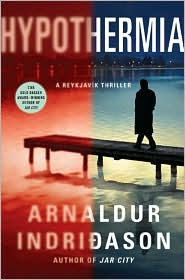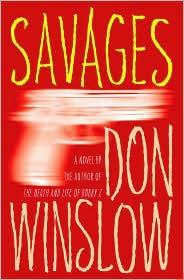Jeffrey Archer
Jeffrey Archer is a bestselling British novelist.
From his Q & A with the Globe & Mail:
Your thrillers may be easier to pitch to Hollywood.--Marshal Zeringue
I quite agree with you. But you know I’ve had over £1-million [in options] in 30 years, and never had a film. It just drives me bonkers. I mean, some of them have been optioned four or five times! I am a filmgoer,I love the theatre but I am a filmgoer, and there’s so much rubbish [in] films today.
What accounts for the trouble?
I read yesterday about Birdsong, Sebastian Faulks’s book, where they paid £100,000 for the option or something 10 years ago and said you know, this will be on the screen in a year, it’s the most successful book of the year, everybody loves it. And nothing has happened in 10 years! So it’s not just me. You need that bit of luck. I hope my grandchildren don’t say, “Grandad would have enjoyed this film.”
... Hollywood, as we all know, goes through phases, whether it’s romcoms or mysteries or car chases, whatever it is. At the moment it’s vampires. Vampires are the in thing. Well, I don’t do vampires. You do vampires, everybody wants to talk to you.
Are there any faces in mind for some of the characters in your books?
“I’m a great admirer of...[read on]































